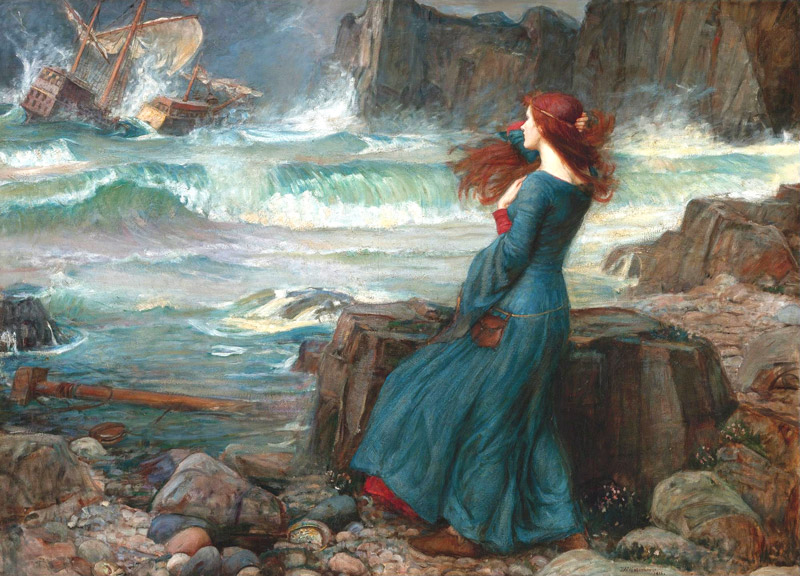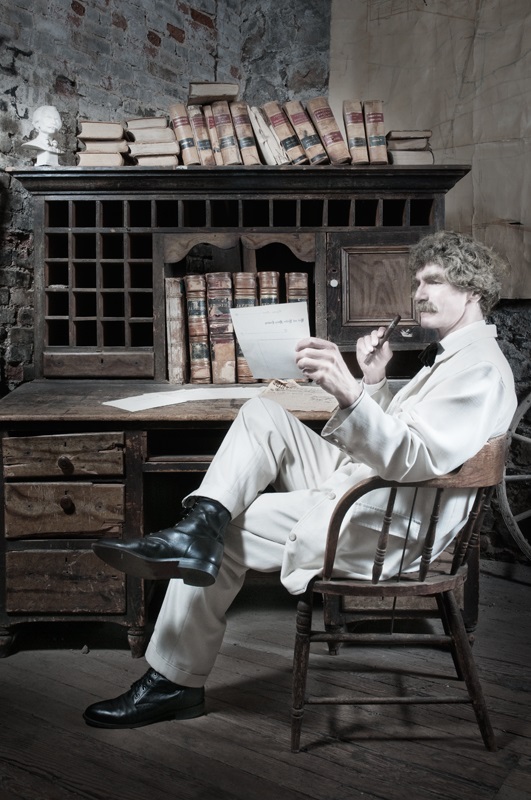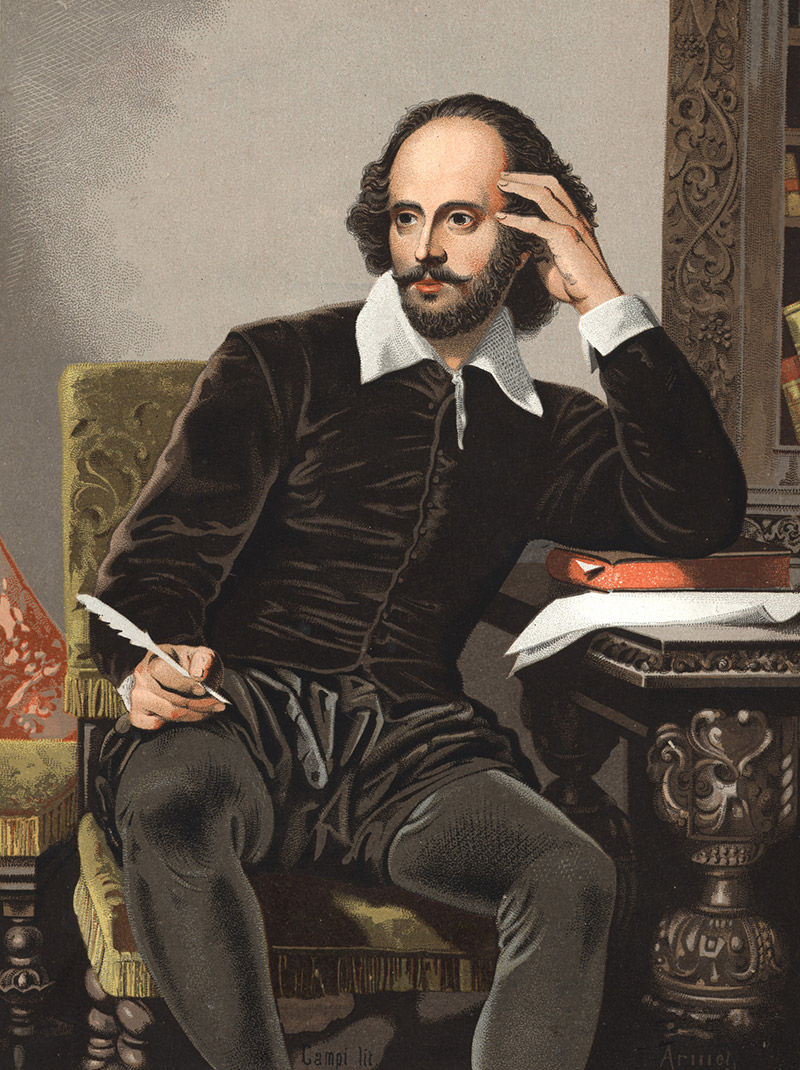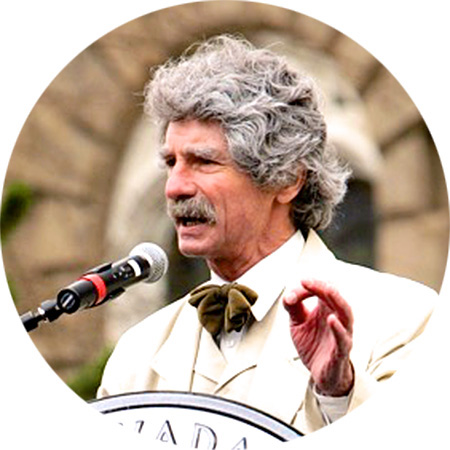A dispatch from the desk of The Ghost of Mark Twain: Seven years after William Shakespeare died, a few of his actor friends put together a folio of his plays for posterity. No original manuscripts exist, so the surviving 232 first folios are some of the rarest and most-treasured books of literature in existence. One sold at Sotheby’s in 2006 for $5.2 million.
Now make that 233, as a well-preserved folio was discovered [late last year] in a small library in the north of France. And who did the French literati call to authenticate their find? They called one of the foremost Shakespeare scholars in America, Eric Rasmussen, head of the English Department at University of Nevada, Reno. Dr. Rasmussen flew to France, examined the folio and gave it a thumbs up. Voila!
I had a chance to speak to professor Rasmussen upon his return and was anxious to ask him a couple questions:
“How does Shakespeare relate to the 21st century?”
He told me Shakespeare speaks to some of the social issues we are still dealing with today. “Measure for Measure,” for example, deals with sexual harassment. “Romeo and Juliet” deals with denunciation of arranged marriages. Once his students relate to the self-fashioning of the various characters, they become more interested in Shakespeare. They start to see Shakespeare as the beginning of who we are today.
“What do you think of Shakespeare at Tahoe?” I asked.
“The setting is magnificent,” he said “I’d like to see them do even more. Imagine an opening scene of ‘The Tempest’ where a shipwreck is visible in the waters of Sand Harbor.”

John William Waterhouse: Miranda – The Tempest (c. 1916)
I would like to take professor Rasmussen’s course and am proud as a Nevadan that he was called upon by the French to authenticate that rare folio, but, as a longtime impressionist of Mark Twain, I have to maintain that Shakespeare did not write those plays at all. He was not equipped to write them. Only Lord Chancellor Bacon had the experience at the time to place common law, with all its muscle, breath and warm blood, into those plays. But for today I shall keep that indelicacy to myself.
While Mark Twain was in London, he was invited to dine with some Baconians, Brits who believe that Francis Bacon penned all of Shakespeare’s plays. Twain was a brontosaurian and believed that Shakespeare of the 19th century was like a museum brontosaur–nine bones and 600 barrels of plaster of paris, the plaster of paris being conjecture.
A lady sitting at Twain’s side asked if he believed, as Stratfordians did, that Shakespeare wrote his plays. He replied, “I’ll wait ’til I get up there and ask him who wrote those plays.”

“Oh, I don’t think that you will find Shakespeare up there, Mr. Clemens,” she cautioned.
“All right then, you ask him,” he replied.
Whoever wrote Shakespeare’s plays certainly did knock the spots out of any literature since Cervantes and, to my mind, knocked the spots out of any literature right up to the day Mark Twain arrived on the scene. But I am known to be somewhat prejudiced when it comes to low-brow literature. At Tahoe we adore the old bard and will welcome him back to our shores this coming summer. Now we just need to find someone who can build us a shipwreck that floats.
Ed. Note – follow this link for a in-depth discussion of the authorship of Shakespeare’s plays.



 McAvoy Layne
McAvoy Layne 